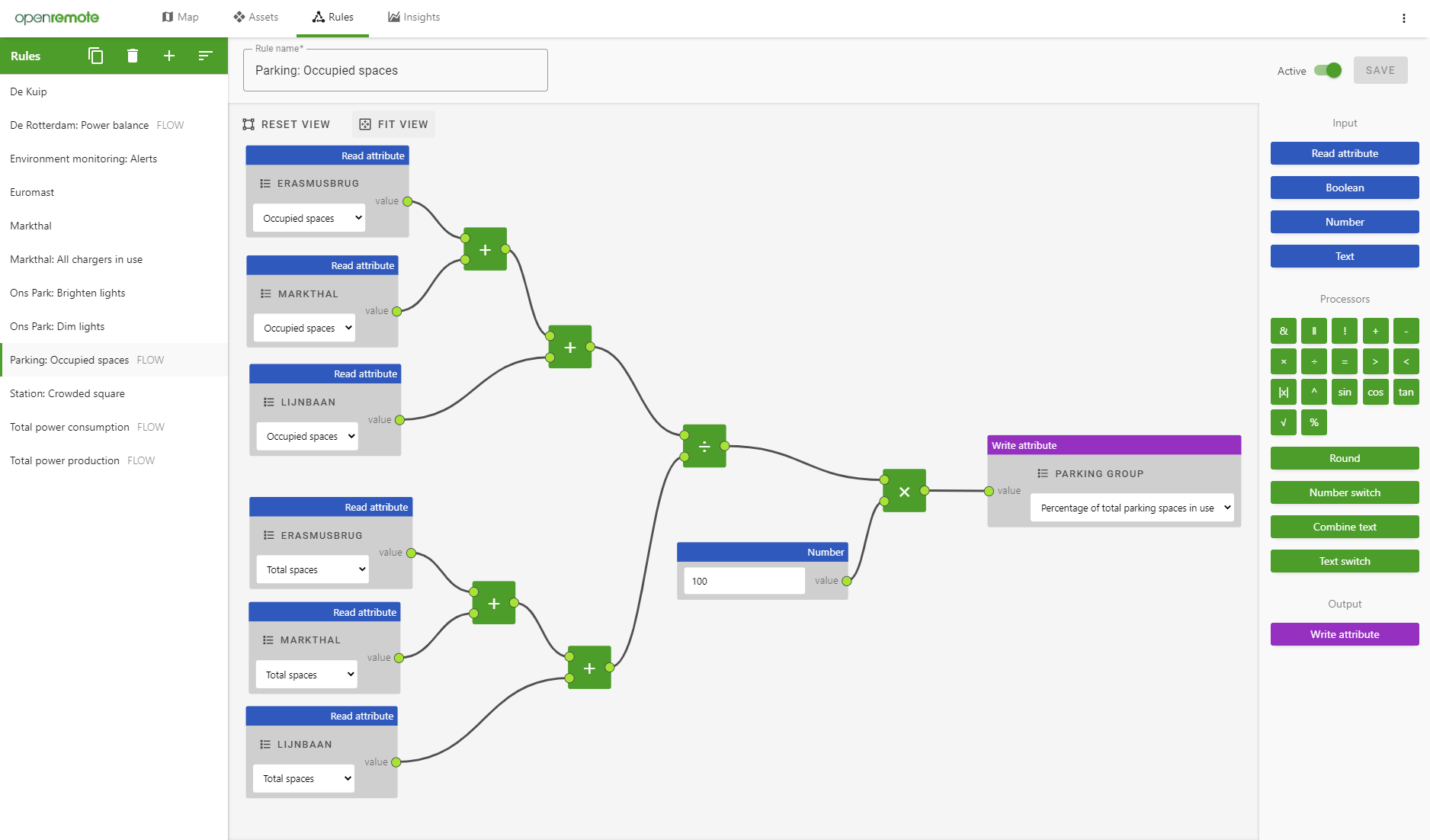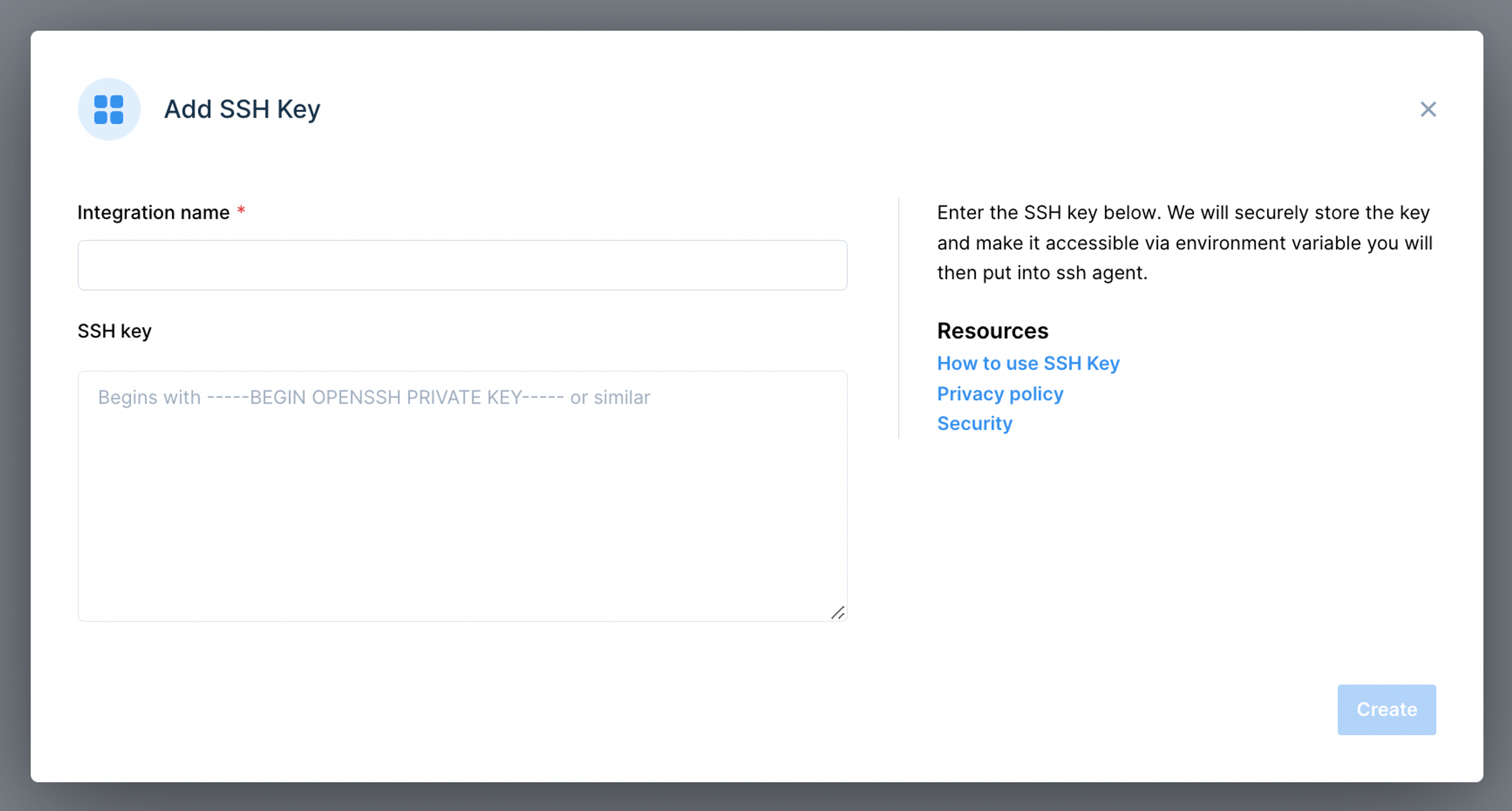In today's interconnected world, the ability to manage remote IoT platforms securely and efficiently has become a necessity. Android users, in particular, are increasingly seeking ways to harness the power of SSH keys for seamless device communication and control. Whether you're a tech enthusiast, a developer, or someone managing IoT devices remotely, leveraging SSH keys can significantly enhance your workflow. The concept of a "remote IoT platform SSH key free Android" solution is not only cost-effective but also opens doors to secure and reliable device management. This approach allows users to connect to IoT devices without the hassle of remembering passwords, while also ensuring encrypted communication.
For those unfamiliar with the term, SSH (Secure Shell) is a cryptographic protocol designed to secure data communication over unsecured networks. By using SSH keys, you can authenticate your Android device to an IoT platform without the need for manual password entry every time. This is particularly useful for managing multiple IoT devices remotely, as it simplifies access while maintaining high security standards. The demand for free Android-compatible solutions has surged, as many users seek affordable yet robust tools to manage their IoT ecosystems effectively.
Why is this topic gaining traction? The rise of IoT devices in homes, industries, and businesses has created a need for accessible and secure remote management tools. Android, being one of the most widely used mobile operating systems, serves as an ideal platform for such innovations. By integrating SSH keys into your IoT management strategy, you can streamline operations, reduce vulnerabilities, and enjoy a hassle-free experience. In this article, we’ll explore everything you need to know about setting up and using SSH keys for remote IoT platforms on Android—all for free.
Read also:A Comprehensive Look At Kayte Walsh And Kelsey Grammer Exploring Their Lives And Careers
Table of Contents
- What is a Remote IoT Platform?
- How to Set Up SSH Keys on Android for IoT?
- Why Use SSH Keys for Remote IoT Platforms?
- Is Remote IoT Platform SSH Key Free Android Secure?
- Tools and Apps for Managing SSH Keys on Android
- Can You Use Free SSH Keys for Commercial IoT Projects?
- How to Troubleshoot Common SSH Key Issues on Android?
- Future of Remote IoT Platforms and SSH Keys
What is a Remote IoT Platform?
A remote IoT platform serves as the backbone for managing and monitoring IoT devices from a centralized location. These platforms enable users to connect, control, and gather data from IoT devices regardless of their physical location. By leveraging cloud-based infrastructure, remote IoT platforms provide real-time insights, automation capabilities, and seamless integration with various devices.
One of the key advantages of remote IoT platforms is their scalability. Whether you're managing a single smart home device or an entire industrial IoT network, these platforms adapt to your needs. They also offer features like data analytics, device provisioning, and security protocols to ensure smooth operations. For Android users, remote IoT platforms are particularly appealing because of the flexibility they provide in accessing and managing devices on the go.
How Does It Work?
Remote IoT platforms typically rely on APIs, cloud servers, and communication protocols to interact with IoT devices. When combined with SSH keys, these platforms enable secure, passwordless authentication. SSH keys consist of a public key stored on the IoT device and a private key stored on your Android device. This ensures that only authorized users can access the IoT platform.
How to Set Up SSH Keys on Android for IoT?
Setting up SSH keys on Android for IoT platforms is simpler than you might think. The process involves generating a key pair, configuring the IoT platform, and ensuring seamless connectivity. Here’s a step-by-step guide:
- Install an SSH Client App: Begin by downloading a reliable SSH client app from the Google Play Store. Popular options include Termius, JuiceSSH, and ConnectBot.
- Generate SSH Keys: Use the SSH client app to generate a public-private key pair. Most apps provide an intuitive interface for this process.
- Upload the Public Key: Copy the generated public key and upload it to your IoT platform’s authorized keys section. This step ensures your Android device is recognized as a trusted source.
- Test the Connection: Use the SSH client to connect to your IoT platform. If everything is configured correctly, you should be able to access the platform without entering a password.
What Are the Benefits of Using SSH Keys?
SSH keys offer several advantages over traditional password-based authentication. They eliminate the risk of brute-force attacks, reduce the need for remembering complex passwords, and provide a more streamlined user experience. Additionally, SSH keys are encrypted, ensuring that your connection remains secure even on untrusted networks.
Why Use SSH Keys for Remote IoT Platforms?
SSH keys are a cornerstone of secure remote access, especially in the context of IoT platforms. Unlike passwords, which can be guessed or compromised, SSH keys are virtually impossible to crack due to their cryptographic nature. This makes them an ideal choice for managing IoT devices remotely.
Read also:Discover The Legacy Of Texas King Garland A Comprehensive Guide
How Do SSH Keys Enhance Security?
SSH keys employ asymmetric encryption, meaning the private key is never shared. This ensures that even if someone intercepts the public key, they cannot use it to gain unauthorized access. Furthermore, SSH keys can be combined with additional security measures like multi-factor authentication (MFA) for added protection.
Is Remote IoT Platform SSH Key Free Android Secure?
One of the most common concerns users have is whether using free SSH keys on Android for remote IoT platforms is secure. The short answer is yes—provided you follow best practices. Free SSH key solutions are often as secure as paid alternatives, as long as you use reputable tools and adhere to proper configuration guidelines.
What Are the Risks?
While SSH keys are inherently secure, improper implementation can lead to vulnerabilities. For instance, storing your private key in an unsecured location or failing to set a passphrase can expose your system to risks. To mitigate these risks, always use trusted apps, enable encryption, and regularly update your SSH keys.
Tools and Apps for Managing SSH Keys on Android
Several tools and apps are available for managing SSH keys on Android, each with its own set of features and benefits. Below are some of the most popular options:
- Termius: Known for its user-friendly interface and cross-platform compatibility, Termius is an excellent choice for beginners and professionals alike.
- JuiceSSH: This app offers robust SSH capabilities and supports multiple protocols, making it ideal for managing diverse IoT devices.
- ConnectBot: A lightweight and open-source option, ConnectBot is perfect for users who prioritize simplicity and security.
Can You Use Free SSH Keys for Commercial IoT Projects?
Many businesses wonder if free SSH keys are suitable for commercial IoT projects. The answer depends on the scale and requirements of your project. For small to medium-sized projects, free SSH keys can be a cost-effective solution. However, for large-scale deployments, investing in premium tools might be necessary to ensure scalability and advanced features.
What Are the Limitations?
While free SSH keys are secure and functional, they may lack certain enterprise-grade features like centralized key management, advanced logging, and priority support. Businesses should evaluate their needs carefully before deciding on a solution.
How to Troubleshoot Common SSH Key Issues on Android?
Despite their reliability, SSH keys can sometimes encounter issues. Common problems include connection errors, permission issues, and key mismatches. Here are some troubleshooting tips:
- Ensure the public key is correctly uploaded to the IoT platform.
- Verify that the private key is stored securely on your Android device.
- Check for network connectivity issues that might be affecting the connection.
Future of Remote IoT Platforms and SSH Keys
As IoT adoption continues to grow, the role of remote IoT platforms and SSH keys will become even more critical. Emerging technologies like AI and 5G are expected to enhance the capabilities of these platforms, enabling faster and more secure connections. Additionally, advancements in quantum cryptography may further strengthen the security of SSH keys in the future.
FAQs
1. What is a remote IoT platform SSH key free Android solution?
A remote IoT platform SSH key free Android solution allows users to manage IoT devices securely using SSH keys without incurring any costs. This approach leverages free tools and apps to establish encrypted connections between Android devices and IoT platforms.
2. How do I generate SSH keys on my Android device?
You can generate SSH keys on your Android device by using an SSH client app like Termius or JuiceSSH. These apps provide a simple interface for creating and managing SSH key pairs.
3. Are free SSH keys secure for IoT platforms?
Yes, free SSH keys are secure as long as you use reputable tools and follow best practices, such as storing your private key securely and enabling encryption.
External Link: For more information on SSH keys, visit SSH Academy.
In conclusion, mastering remote IoT platform SSH key free Android solutions can revolutionize the way you manage IoT devices. By following the steps and tips outlined in this article, you can enjoy secure, efficient, and cost-effective remote access to your IoT ecosystem.

